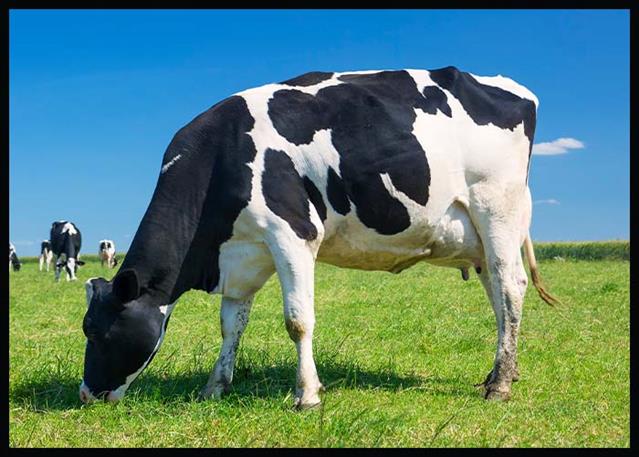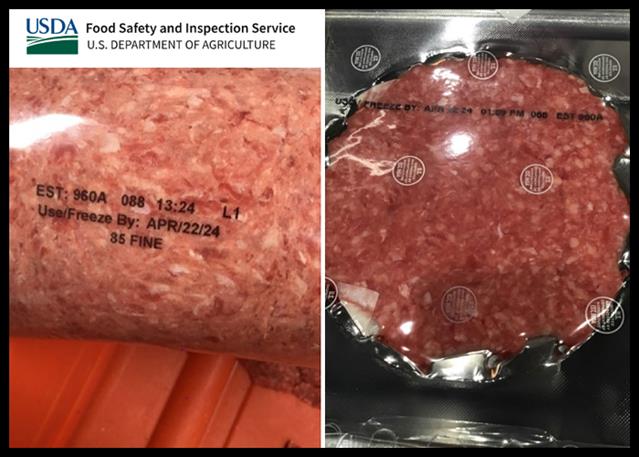
Dairy cows in the central U.S. states, of Texas and Kansas, test positive for the avian influenza virus, marking the first-time bird flu has been found in livestock.
The U.S. Department of Agriculture or USDA announced that a H5N1 strain was found in the unpasteurized clinical samples of milk from the infected cows at two dairy farms in Texas and Kansas. The virus was also found in a nose and throat swab from a cow in another dairy in Texas.
The virus is reportedly also harming the older dairy cattle in New Mexico, causing symptoms such as a “drop in milk production, loss of appetite, and changes in manure consistency”.
The department said its officials, along with the Food and Drug Administration, Centers for Disease Control and Prevention, and state veterinary and public health authorities, have started investigation in those states, as well as in New Mexico.
“The first detection of HPAI in dairy cattle in Texas and Kansas underscores the importance of adherence to biosecurity measures, vigilance in monitoring for disease, and immediately involving your veterinarian when something seems ‘off,'” American Veterinary Medical Association president Dr. Rena Carlson said. “A complete evaluation, including the collection and submission of laboratory samples and reporting to state animal health officials when appropriate, and in a timely fashion, are incredibly important.”
According to CDC and USDA, avian flu is primarily transmitted through birds, causing symptoms such as discoloration of legs, twisting of neck, loss of appetite, lethargy, and eyelid swelling. The government had culled around 58 million birds last year to limit the spread of bird flu.
The USDA said that initial testing by the National Veterinary Services Laboratories has found that the chances of the virus transmitting to humans are low for now.
On carrying out some additional testing on the farms, the USDA found that the wild birds might have introduced the virus to the cows. However, it ensured that, the commercial milk supply “remains safe due to both federal animal health requirements and pasteurization.”
The agency explained that the U.S. dairies only permit milk from healthy cows for further process whereas the milk from sick cows is destroyed.
It further stated that in case contaminated milk enters the supply system, the mandatory pasteurization process will ensure the milk’s safety as it “has continually proven to inactivate bacteria and viruses”.
The USDA ensured, “Milk loss resulting from symptomatic cattle to date is too limited to have a major impact on supply and there should be no impact on the price of milk or other dairy products.”
Copyright © 2024, RTTNews.com, Inc. All Rights Reserved.















